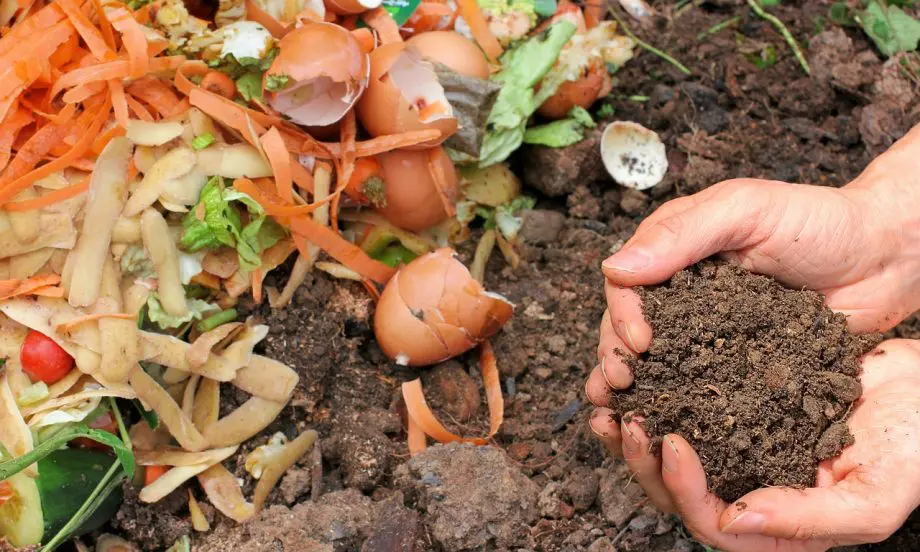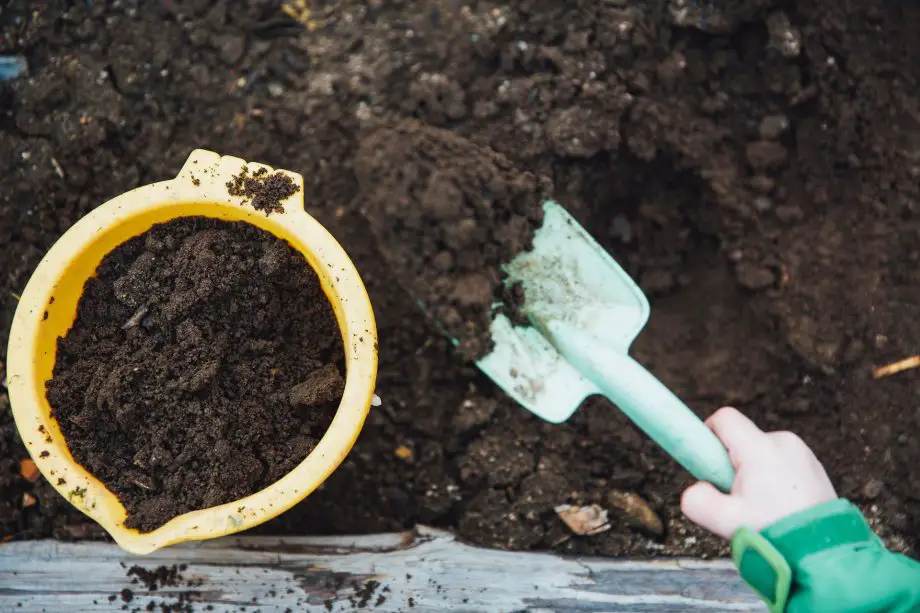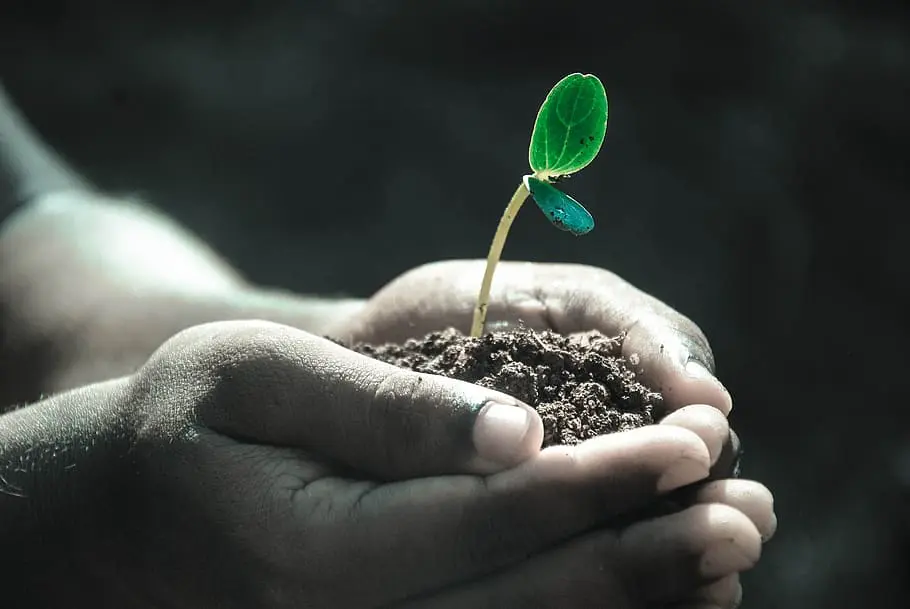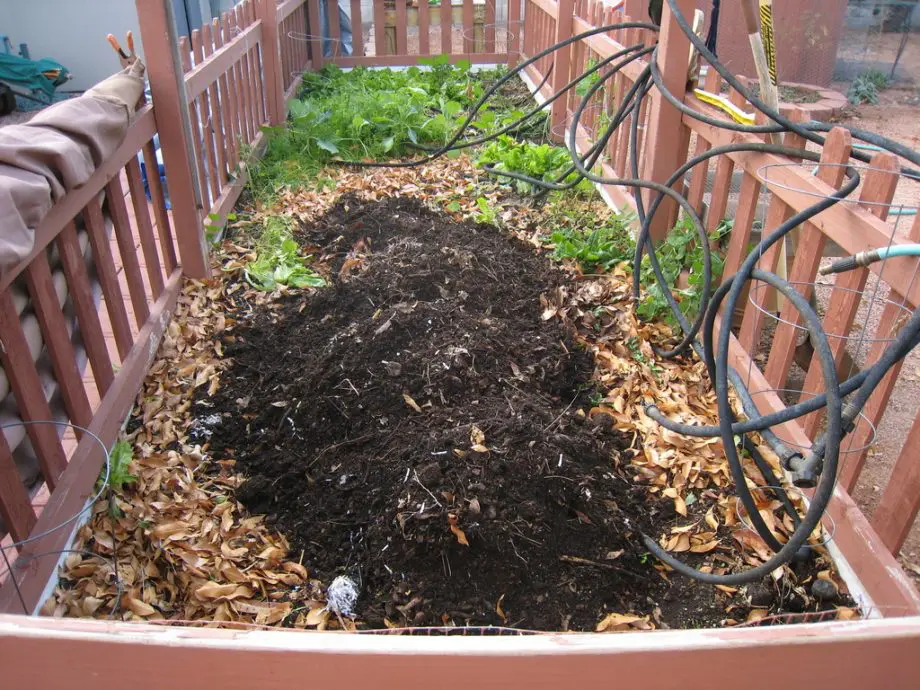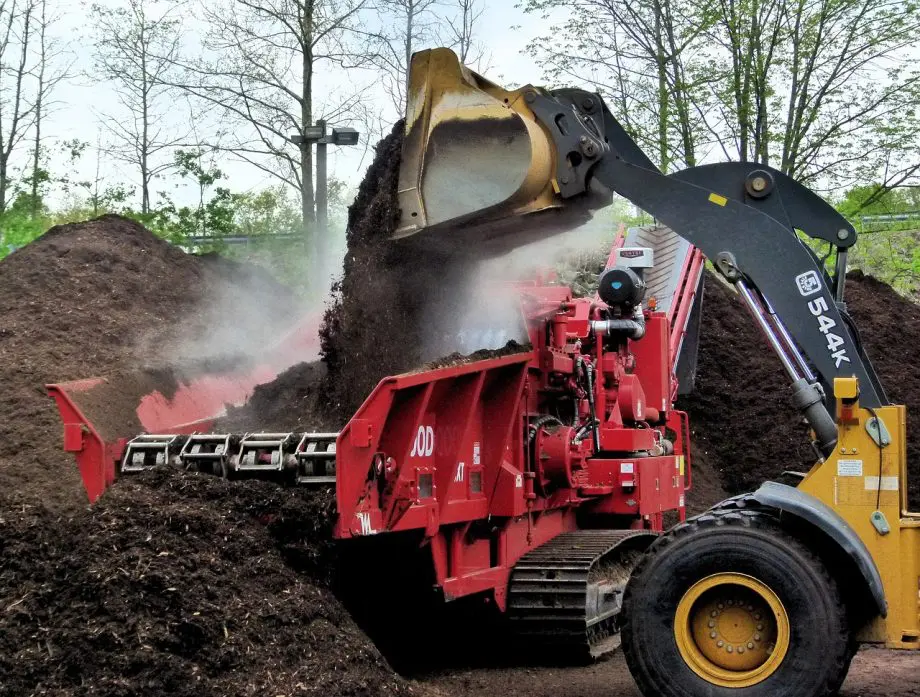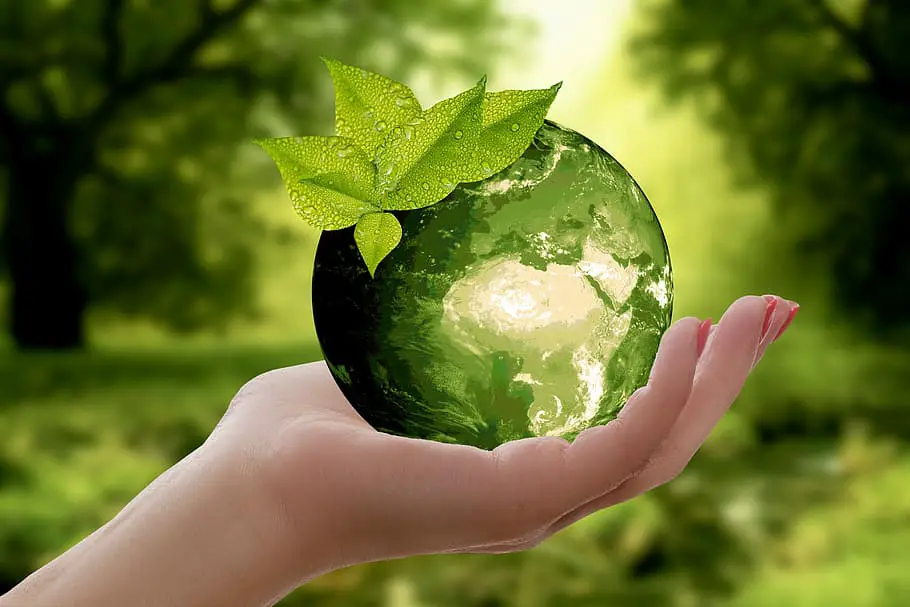
Discover the benefits of composting at home! Improve your garden, reduce waste, and help the environment. Start your composting journey today!
Ever wondered how you can make a positive impact on the environment right from your backyard?
Well, let’s talk about the benefits of composting at home. It’s not just about turning kitchen scraps and yard waste into nutrient-rich food for your plants.
It’s also about reducing waste, conserving water, and even combating climate change. Intrigued?
Let’s dive in and explore this simple yet powerful practice that can transform your garden and our planet!
The Benefits of Composting at Home
Welcome to our deep dive into the world of composting! In this post, we’re going to explore the benefits of composting at home.
From enriching your garden to making a positive impact on the environment, composting is a practice that’s packed with perks.
We’ll be covering everything from the basics of what composting is, to the environmental and economic benefits it offers, and even how to get started with your own composting system at home.
Plus, we’ll tackle some frequently asked questions to clear up any doubts you might have.
So, are you ready to transform your waste into wonder? Let’s get started!
Brief Overview of Composting

Composting, in its simplest form, is a natural process that transforms your kitchen scraps and yard waste into a nutrient-rich soil conditioner.
Think of it as nature’s way of recycling. You start with organic materials like fruit peels, vegetable scraps, coffee grounds, grass clippings, and leaves.
Over time, with a little help from microorganisms, worms, and other critters, these materials break down into a rich, dark substance often referred to as black gold.
This is compost, a magical ingredient that can boost the health and vitality of your garden.
Importance of Composting at Home
Now, you might be wondering, Why should I compost at home? Well, there are several compelling reasons.
First, composting at home significantly reduces the amount of waste you send to the landfill.
Did you know that about 30% of what we throw away are food scraps and yard waste? These materials are perfect for composting!
Second, composting at home benefits your garden. The compost you produce is a complete, natural fertilizer that enriches your soil, helping your plants grow stronger and healthier.
It improves soil structure, helps retain moisture, and provides essential nutrients to your plants.
But the benefits of composting at home extend beyond your backyard.
By composting, you’re helping to reduce greenhouse gas emissions. When organic waste ends up in a landfill, it decomposes anaerobically (without oxygen), producing methane, a potent greenhouse gas.
Composting at home, on the other hand, is an aerobic process (with oxygen), which does not produce methane.
In essence, composting at home is a small, simple action with big benefits. It’s a win for you, a win for your garden, and a win for our planet!
What is Composting?
Let’s get down to the nitty-gritty and answer a fundamental question: What is composting?
It’s a term we’ve all heard, but what does it really mean, and how does it work?
In this section, we’re going to demystify composting, breaking it down to its core elements.
Whether you’re a seasoned gardener or a beginner looking to make your first foray into this eco-friendly practice, understanding the basics of composting is the first step on this exciting journey.
So, let’s dive in and uncover the magic that turns everyday waste into a gardener’s treasure!
Definition of Composting
Composting, at its heart, is a natural process that recycles various organic materials like vegetable scraps, coffee grounds, leaves, and grass clippings
And it turns them into a nutrient-rich soil conditioner, often referred to as compost.
It’s essentially nature’s way of recycling. Composting allows us to harness this natural process and put our organic waste to good use.
Instead of sending it to a landfill, we can convert it into a valuable resource for our gardens.
How Composting Works
Now, let’s delve into how composting works. It’s a fascinating process that involves a whole ecosystem of organisms, from tiny bacteria to earthworms.
Here’s a simplified version of what happens:
• You start by collecting your organic waste. This includes green materials (like vegetable scraps, coffee grounds, and fresh grass clippings) that are rich in nitrogen, and brown materials (like dry leaves, straw, and paper) that are rich in carbon.
• These materials are placed in a compost bin or pile, ideally in a balanced mix of greens and browns.
The green materials provide the nitrogen that microorganisms need to grow and multiply, while the brown materials provide the carbon that gives them energy.
• As these microorganisms break down the organic materials, they generate heat, which speeds up the composting process. That’s why a compost pile often feels warm in the middle.
• Over time, with the help of these microorganisms, as well as other creatures like earthworms and insects, the organic materials break down into compost.
• This process can take anywhere from a couple of months to a year, depending on factors like the materials you’re composting, the size of your compost pile, and the outdoor temperature.
• The end result is a rich, dark, crumbly substance that looks and smells like fertile garden soil. This is your compost, ready to be added to your garden to nourish your plants.
So, in essence, composting is a way of harnessing nature’s recycling system to reduce waste and create a valuable resource for our gardens.
It’s a beautiful process that benefits us, our gardens, and our planet!
Environmental Benefits of Composting
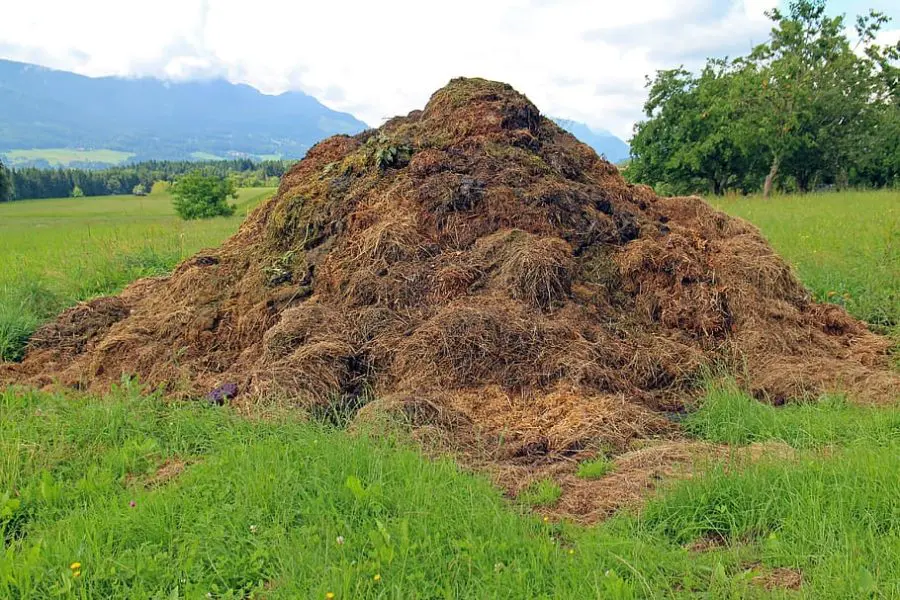
Composting isn’t just great for your garden; it’s also a superstar when it comes to helping the environment.
In this section, we’re going to delve into the environmental benefits of composting.
From preventing soil erosion to reducing greenhouse gas emissions, composting plays a significant role in preserving our planet.
So, if you’ve ever wondered how turning your kitchen scraps into compost can help combat climate change, you’re in the right place.
Let’s explore how this simple act of recycling right at home can have far-reaching environmental benefits!
Prevents Soil Erosion
One of the fantastic environmental benefits of composting is its ability to prevent soil erosion. But how does this work?
Well, compost improves the structure of the soil, making it more cohesive and less prone to being washed or blown away.
It increases the soil’s ability to absorb and hold water, reducing runoff during heavy rains.
This means less soil gets washed away, and your precious topsoil stays where it should be, in your garden, nourishing your plants.
Assists in Stormwater Management
Compost also plays a significant role in stormwater management.
When you add compost to your garden, it increases the soil’s capacity to absorb and retain water.
This means that during a storm, more water gets absorbed into the ground and less turns into runoff.
This not only helps to prevent soil erosion, but it also reduces the risk of flooding and helps to recharge groundwater supplies.
Plus, by absorbing water, compost also helps to filter out pollutants, preventing them from ending up in our waterways.
Reduces Greenhouse Gas Emissions
Did you know that composting can help combat climate change?
Here’s how: When organic waste ends up in a landfill, it decomposes in an oxygen-starved environment and produces methane, a potent greenhouse gas.
But when you compost your organic waste at home, it decomposes in the presence of oxygen and does not produce methane.
Plus, the compost you produce can help plants grow better, and as they grow, they absorb carbon dioxide, another greenhouse gas, from the atmosphere.
Reduces Waste
Last but not least, composting is a fantastic way to reduce waste.
Around 30% of household waste is organic matter that could be composted.
By composting your kitchen scraps and yard waste, you’re diverting waste from the landfill.
Plus, you’re turning that waste into a valuable resource for your garden. It’s a win-win situation!
So, by composting at home, you’re not just creating nutrient-rich compost for your garden, you’re also doing your part to reduce waste and protect our planet.
Benefits of Composting for Plant Growth

Composting isn’t just about reducing waste and helping the environment.
It’s also a secret weapon for boosting your garden’s health and productivity.
In this section, we’re going to explore the benefits of composting for plant growth.
From providing essential nutrients to improving water retention, compost can truly work wonders in your garden.
Whether you’re growing a lush vegetable garden, maintaining a beautiful flower bed, or even just caring for a few potted plants, compost can make a world of difference.
So, let’s dig in and discover how compost can help your plants thrive!
Promotes Healthier Plant Growth
Compost is often referred to as black gold for a good reason.
It’s packed full of nutrients and beneficial microorganisms that promote healthier plant growth.
When you add compost to your garden, you’re not just improving the soil’s structure; you’re also feeding your plants a balanced diet of essential nutrients.
Compost provides a slow-release source of macro and micro-nutrients that plants need to grow and thrive.
Plus, the beneficial microorganisms in compost can help protect your plants from diseases.
Conserves Water
Compost has an amazing ability to conserve water. It acts like a sponge, absorbing water and holding it in the soil for longer.
This means your plants have a more consistent supply of water, and you don’t need to water as often.
This is particularly beneficial in dry climates or during hot, dry summers.
By improving the soil’s water retention capacity, compost can help your garden withstand dry conditions better.
Provides Plant Nutrients in a Stable Organic Form
One of the great things about compost is that it provides plant nutrients in a stable organic form.
This means the nutrients are released slowly, over time, as the plants need them.
This is much better for your plants than synthetic fertilizers, which can provide a quick burst of nutrients but can also leach away quickly, polluting waterways.
With compost, your plants get a steady supply of the nutrients they need, when they need them.
Increases Plant Rooting Depth
Compost can also help increase plant rooting depth.
By improving the soil structure and increasing its nutrient content, compost makes it easier for plant roots to grow and expand.
This means your plants can establish a more extensive root system, which helps them absorb more water and nutrients, and makes them more resilient to drought and disease.
So, by adding compost to your garden, you’re not just feeding your plants. You’re also helping them establish stronger, healthier root systems.
Economic Benefits of Composting
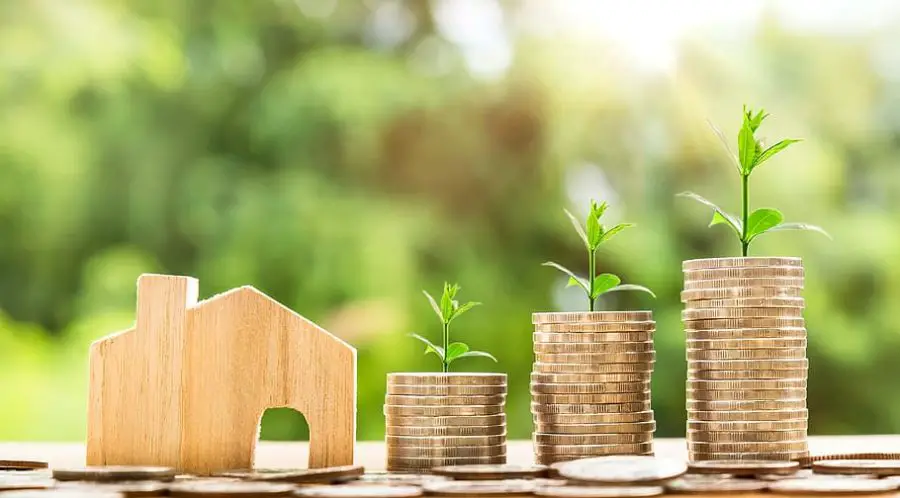
Composting isn’t just good for your garden and the environment. It’s also kind to your wallet.
In this section, we’re going to delve into the economic benefits of composting. You might be surprised to learn that this simple practice can help you save money in several ways.
From reducing your need for store-bought fertilizers to lowering your water bills, composting can have a positive impact on your household budget.
So, if you’re ready to discover how composting can be a cost-effective addition to your gardening routine, let’s dive in!
Reduces Project Maintenance Costs
One of the economic benefits of composting is that it can help reduce project maintenance costs.
If you’re embarking on a gardening project, using compost can save you money in the long run. How?
Well, compost improves the health and vitality of your plants, reducing the need for costly replacements.
Plus, healthier plants are more resistant to pests and diseases, which means less money spent on treatments.
And let’s not forget about water. Because compost improves the soil’s water retention, you’ll need to water less frequently, saving on your water bill.
Lowers Need for Fertilizers/Pesticides
Composting can also lower your need for store-bought fertilizers and pesticides.
Compost is a complete, natural fertilizer that provides all the nutrients your plants need. This means you can spend less on synthetic fertilizers.
Plus, the beneficial microorganisms in compost can help protect your plants from diseases and pests, reducing your need for chemical pesticides.
So, by composting, you’re not just creating a healthier environment for your plants; you’re also reducing your gardening expenses.
Increases Soil Fertility and Efficiency
Composting can increase soil fertility and efficiency, which can lead to better yields in your vegetable garden or more vibrant blooms in your flower beds.
By adding compost to your soil, you’re enriching it with nutrients and improving its structure, which helps your plants grow better.
This means you get more bang for your buck from your garden.
Whether you’re growing vegetables to eat or flowers to enjoy, compost can help you get the most out of your garden without having to spend a lot on soil amendments or fertilizers.
Composting at Home
Now that we’ve explored the many benefits of composting, you might be wondering how you can start composting at home.
Well, you’re in luck! In this section, we’re going to guide you through the basics of home composting.
From setting up your compost bin to understanding what you can and can’t compost, we’ve got you covered.
Plus, we’ll highlight the unique benefits of having your own composting system at home.
So, if you’re ready to start your composting journey and reap the rewards of this eco-friendly practice, let’s get started!
How to Start Composting at Home
Starting your composting journey at home is easier than you might think.
Here’s a simple guide to get you started:
• Choose a Compost Bin: First, you’ll need a compost bin. This can be a purchased compost bin, a homemade one, or even just a designated area in your yard. The size of your bin will depend on how much waste you generate and how much space you have.
• Select a Spot: Place your compost bin in a convenient spot in your yard. It should be easily accessible, but not too close to your living areas, as compost can attract insects.
• Start Collecting Waste: Start collecting suitable kitchen and garden waste. Remember to balance green materials (like vegetable scraps and coffee grounds) with brown materials (like dry leaves and paper).
• Turn Your Compost: Every few weeks, turn your compost with a pitchfork or shovel. This helps to aerate the pile and speeds up the composting process.
• Wait and Use: After a few months, your compost should be ready to use. It should look like dark, crumbly topsoil and have a sweet, earthy smell.
What Can Be Composted
You might be surprised at the variety of things that can be composted.
Here’s a quick list:
• Green Materials (High in Nitrogen): Vegetable scraps, fruit peels, coffee grounds, fresh grass clippings, green leaves, tea bags, and eggshells.
• Brown Materials (High in Carbon): Dry leaves, straw, paper, cardboard, wood chips, sawdust, and dry grass clippings.
• Remember, not all kitchen waste should go into your compost bin.
Avoid composting meat, dairy products, diseased plants, pet waste, and any materials that have been treated with chemicals.
Benefits of Home Composting System
Having your own composting system at home comes with a host of benefits. Here are a few:
• Waste Reduction: Composting at home significantly reduces the amount of waste you send to the landfill.
• Free Fertilizer: Compost is a free, nutrient-rich fertilizer for your garden.
• Soil Improvement: Compost improves the health and fertility of your soil.
• Environmental Impact: By composting at home, you’re helping to reduce greenhouse gas emissions.
• Educational Opportunity: Composting is a great way to teach kids about nature, recycling, and responsibility for the environment.
So, are you ready to start composting at home? It’s a rewarding practice that benefits your garden, your wallet, and the planet!
Benefits of Composting at Home FAQs
We’ve covered a lot of ground on the topic of composting, but you might still have a few questions.
That’s why we’ve included this handy FAQ section. Here, we’ll address some of the most common questions people have about composting at home.
From understanding the benefits of composting to tackling potential challenges, we’ve got you covered.
So, if you’ve been pondering over a composting conundrum, read on! Chances are, you’ll find the answers you’re looking for right here.
Q. What are the Benefits of Composting?
A. Composting offers a host of benefits, both for your garden and the environment. Here are a few key ones:
Soil Improvement: Compost enriches the soil, providing a full spectrum of essential nutrients for plant growth.
Waste Reduction: Composting allows you to recycle organic waste that would otherwise end up in a landfill.
Water Conservation: Compost improves the soil’s water-holding capacity, reducing the need for frequent watering.
Disease Suppression: The beneficial microorganisms in compost can help protect plants from certain diseases.
Climate Change Mitigation: Composting reduces greenhouse gas emissions by diverting organic waste from landfills and improving soil health.
Q. Does Composting at Home Help the Environment?
A. Absolutely! Composting at home helps the environment in several ways.
It reduces the amount of waste going to landfills, which in turn reduces the production of methane, a potent greenhouse gas.
Composting also improves soil health, which helps plants grow better and absorb more carbon dioxide from the atmosphere.
Plus, using compost in your garden can reduce the need for synthetic fertilizers, which are energy-intensive to produce and can pollute waterways.
Q. What are 3 Environmental Benefits of Composting?
A.
Waste Reduction: Composting diverts organic waste from landfills, reducing methane emissions.
Soil Health: Compost improves soil health, helping plants grow better and absorb more carbon dioxide.
Water Quality: By reducing the need for synthetic fertilizers, composting can help protect water quality.
Q. What are 5 Disadvantages of Composting?
A. While composting has many benefits, it’s also worth considering a few potential challenges:
Time and Effort: Composting requires regular maintenance, including turning the compost pile and balancing green and brown materials.
Space: Composting requires a certain amount of space, which may not be available in small yards or apartments.
Pests: If not managed properly, compost piles can attract pests like rodents and flies.
Odor: Compost piles can sometimes produce unpleasant odors, especially if they contain too many green materials or are not turned regularly.
Slow Process: Composting is a slow process, and it can take several months to produce usable compost.
However, many of these challenges can be managed with proper composting practices, and the benefits of composting often outweigh these potential drawbacks.
Benefits of Composting at Home Conclusion
As we wrap up our comprehensive guide on composting, it’s time to reflect on what we’ve learned and look ahead to how this knowledge can be put into practice.
In this conclusion, we’ll recap the benefits of composting at home and hopefully inspire you to start or continue your composting journey.
Whether you’re a seasoned composter or a beginner just starting out, remember that every bit of composting makes a difference.
So, let’s take a moment to celebrate the power of composting and envision how this simple act can contribute to a greener, healthier world!
Recap of the Benefits of Composting at Home
As we’ve explored in this guide, composting at home offers a wealth of benefits.
It’s a simple yet powerful way to reduce waste, combat climate change, and create a nutrient-rich soil conditioner for your garden.
By composting, you can turn your kitchen scraps and yard waste into black gold for your plants.
You can improve the health and productivity of your garden, conserve water, and even save money on fertilizers and soil amendments.
Plus, you’re doing your part to reduce greenhouse gas emissions and protect our planet.
Truly, the benefits of composting at home are far-reaching and profound.
Encouragement for More People to Start Composting at Home
If you’re not composting yet, we hope this guide has inspired you to start.
Composting at home is easier than you might think, and the benefits are well worth the effort.
Remember, every bit of composting makes a difference. Even if you only have a small garden or a few potted plants, you can still compost.
And if you live in an apartment, consider options like worm composting or bokashi composting, or look for community composting programs in your area.
Composting is a journey, and every journey begins with a single step. So, why not take that step today?
Start collecting your kitchen scraps, set up a compost bin, and before you know it, you’ll be producing your own compost and reaping the rewards. Happy composting!



